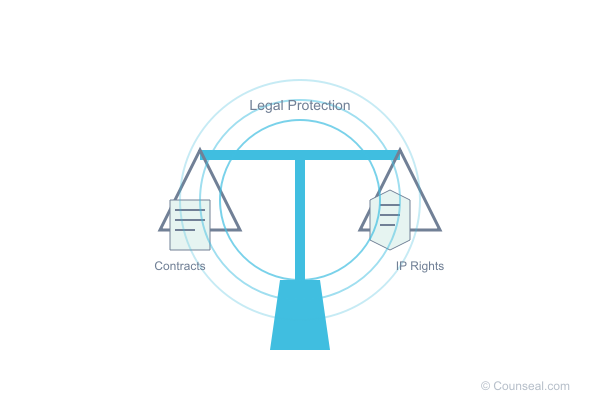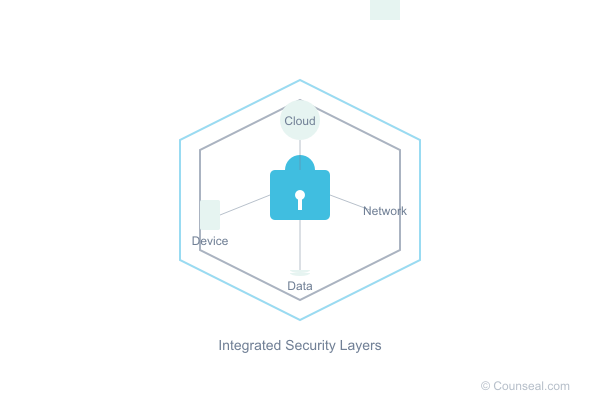Protecting Your Trade Secrets in Nigeria: A Comprehensive Guide

by Counseal Team
Updated February 10, 2025

Trade secrets form the cornerstone of competitive advantage in Nigeria’s dynamic business landscape. Whether you’re safeguarding a manufacturing process, customer database, or proprietary algorithm, protecting your confidential business information is crucial for maintaining market leadership.
Trade secrets form the cornerstone of competitive advantage in Nigeria’s dynamic business landscape. Whether you’re safeguarding a manufacturing process, customer database, or proprietary algorithm, protecting your confidential business information is crucial for maintaining market leadership.
Understanding Trade Secrets in Nigeria’s Context
Trade secrets encompass any confidential business information that provides a competitive edge. Unlike patents or trademarks, trade secrets derive their value from remaining unknown to competitors. In Nigeria, while specific trade secret legislation is limited, protection exists through common law principles of contract and tort.

Legal Framework for Trade Secret Protection
Nigerian businesses can protect trade secrets through:
- Common law principles of confidentiality
- Contract law enforcement
- Intellectual property rights under the Nigerian Industrial Property Act
- International agreements including TRIPS and the Paris Convention
Qualifying as a Trade Secret
For information to qualify as a trade secret in Nigeria, it must meet three essential criteria:
- Maintain genuine secrecy (not public knowledge)
- Derive commercial value from its confidentiality
- Be subject to reasonable protection measures
Implementing Effective Protection Measures
Internal Security Protocols
Physical Security
- Restrict access to sensitive areas
- Implement visitor management systems
- Secure document storage and disposal
Digital Protection
- Deploy robust encryption systems
- Implement access controls
- Regular security audits
- Secure cloud storage solutions

Legal Documentation
Essential Agreements
- Comprehensive non-disclosure agreements (NDAs)
- Employment contracts with confidentiality clauses
- Third-party vendor agreements
- Non-compete clauses where legally enforceable
Employee Management
Training and Awareness
- Regular security awareness sessions
- Clear communication of confidentiality policies
- Documentation of trade secret handling procedures
- Regular policy updates and refresher training
Responding to Trade Secret Violations
Detection Methods
- Regular audits
- Monitoring systems
- Access logs review
- Employee reporting channels
Legal Remedies
- Cease and desist orders
- Civil litigation options
- Damage recovery
- Injunctive relief

Best Practices for Nigerian Businesses
Documentation
- Maintain detailed records of trade secrets
- Document protection measures
- Keep access logs
- Regular inventory updates
Technology Integration
- Implement digital rights management
- Use secure communication channels
- Deploy monitoring software
- Regular security assessments
Protecting Trade Secrets in the Digital Age
Cybersecurity Measures
- Advanced firewall protection
- Multi-factor authentication
- Regular software updates
- Encrypted data transmission
Remote Work Considerations
- Secure VPN access
- Device management policies
- Clear data handling guidelines
- Regular security audits

International Business Considerations
Cross-Border Protection
- International agreement compliance
- Multi-jurisdictional protection strategies
- Foreign partner agreements
- Export control measures
Taking Action
Protect your business’s competitive advantage by implementing comprehensive trade secret protection measures. Start with:
- Identifying your trade secrets
- Implementing security measures
- Training your team
- Establishing legal protection
Ready to secure your business secrets? Visit counseal.com/start for professional legal guidance on trade secret protection.





